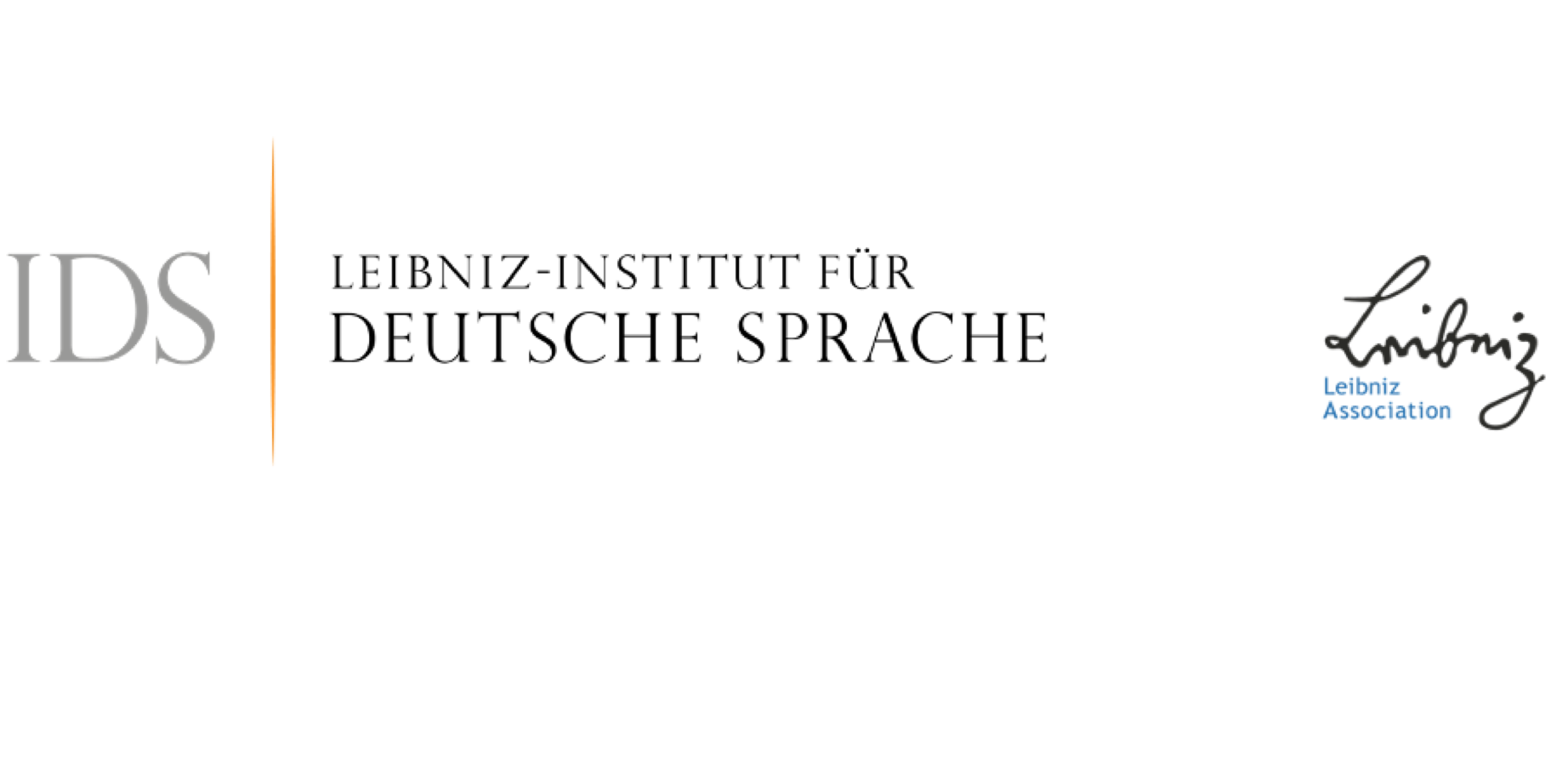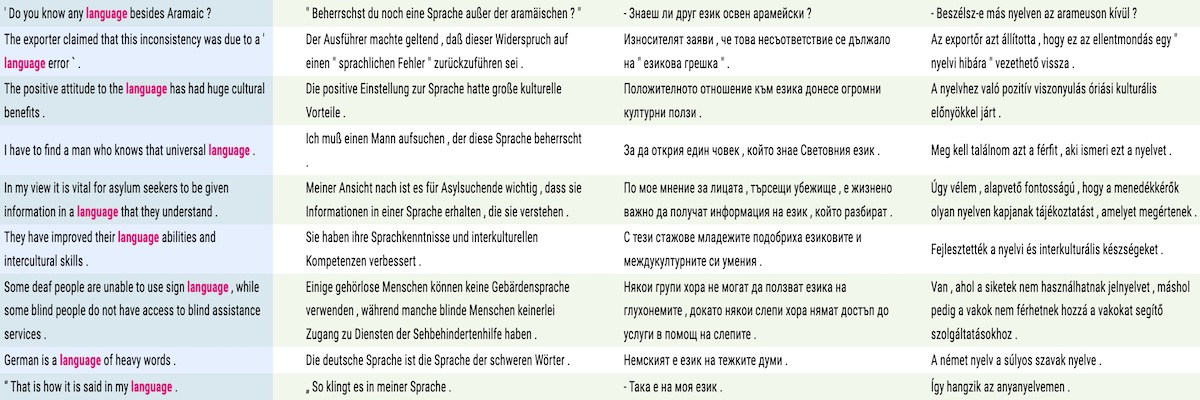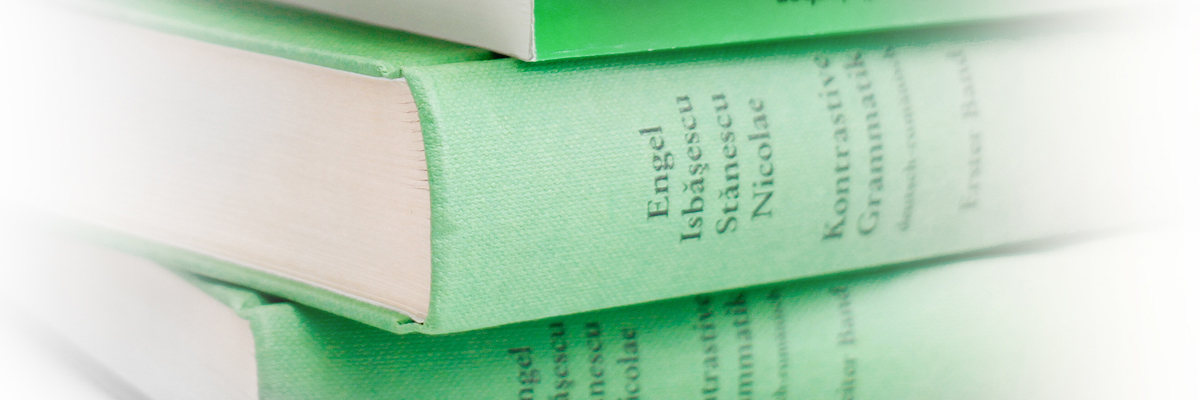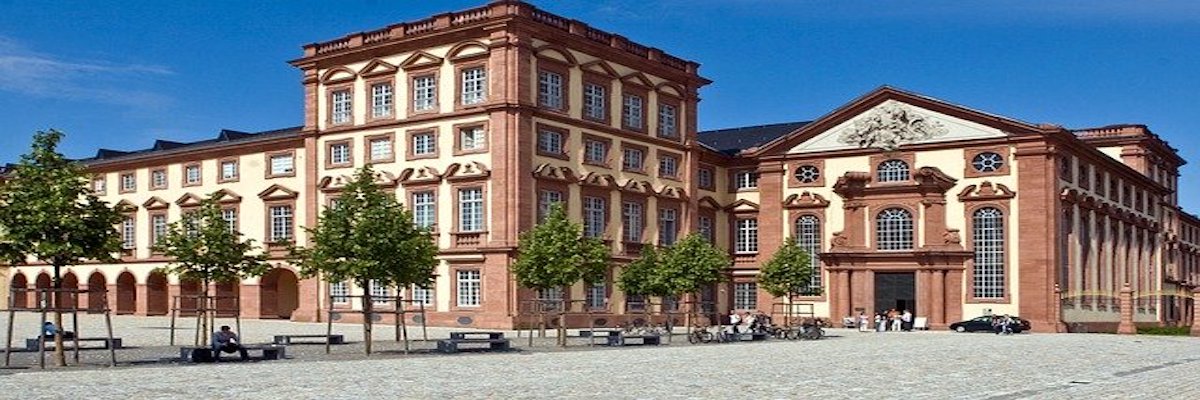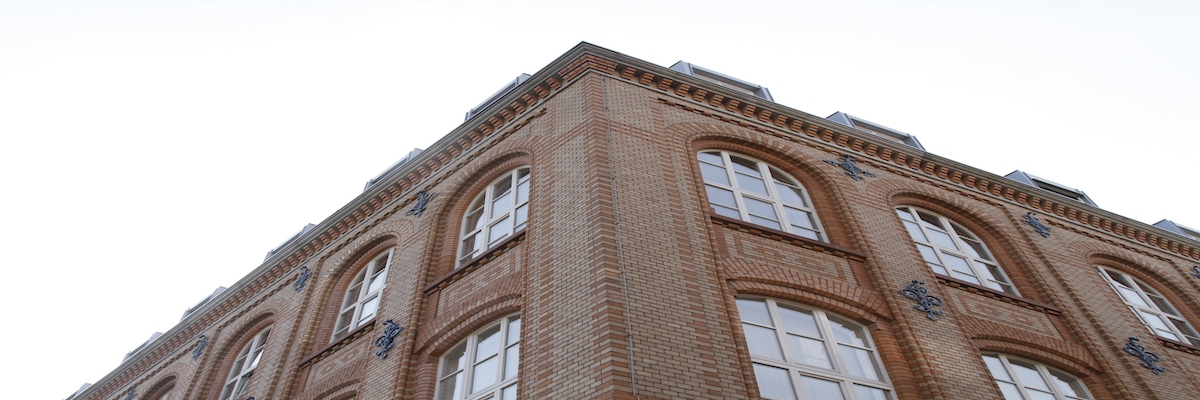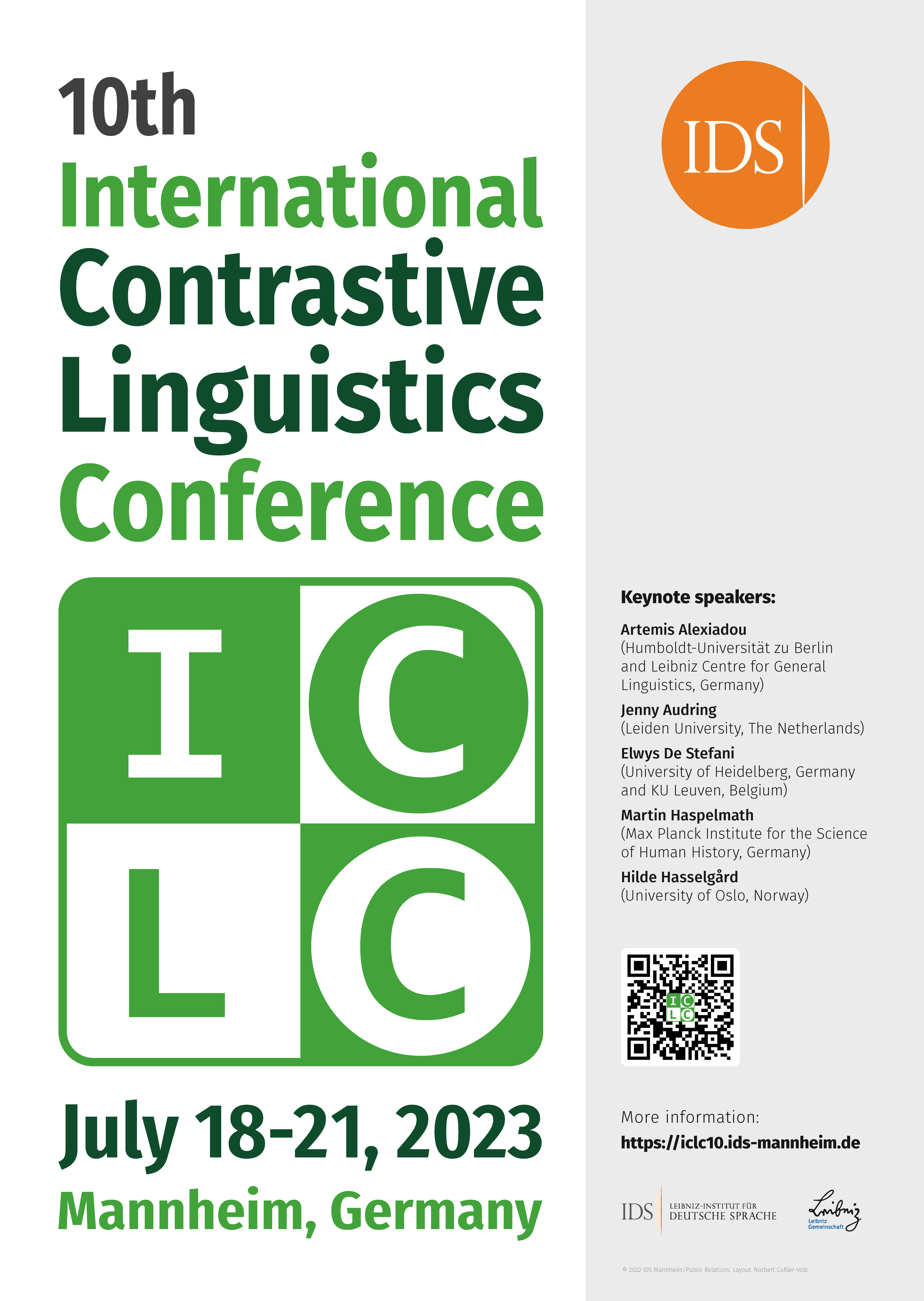
Keynote Speakers
Confirmed keynote speakers are:
Artemis Alexiadou
(Leibniz-Centre for General Linguistics and Humboldt-Universität zu Berlin, Germany)
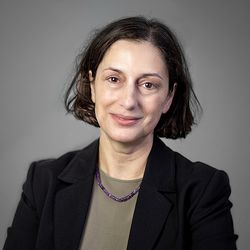 ©Image: Michelle Stolte
©Image: Michelle Stolte |
Prof. Dr. Dr. h.c. Artemis Alexiadou is Director of the Leibniz-Centre General Linguistics (ZAS) and she holds an S-Professorship for "General Linguistics" at the Humboldt University in Berlin (HU). At ZAS and HU she is also Principal Investigator of the following projects: (i) Funded by the ERC Synergy Grant: LeibnizDream - Realizing Leibniz’s Dream: Child Languages as a Mirror of the Mind (PIs: Uli Sauerland, ZAS; Maria Teresa Guasti, Universität Mailand-Bicocca; Artemis Alexiadou, Humboldt-Universität zu Berlin); (ii) DFG project RUEG P10 - Dynamics of Verbal Aspect and (Pro)Nominal Reference in Language Contact (with Natalia Gagarina, ZAS and Luka Szucsich, HU Berlin) in the Research Unit "Emerging Grammars in Language Contact Situations: A Comparative Approach"; (iii) DFG project B01 Register and the development of periphrasis in the history of English within the framework of the CRC 1412 Register: Language-Users’ Knowledge of Situational-Functional Variation. At Humboldt-Universität zu Berlin she is head of the research group Experimental Syntax and Heritage Languages, funded by the Leibniz Prize 2014 (DFG). Artemis Alexiadou conducts research in particular on the theory of syntax and morphology, on cross-linguistic variation and on so-called heritage languages. Talk: Overmarking in inflectional morphology: the view from language contact and language acquisition (abstract) | |
Jenny Audring
(Leiden University, The Netherlands)
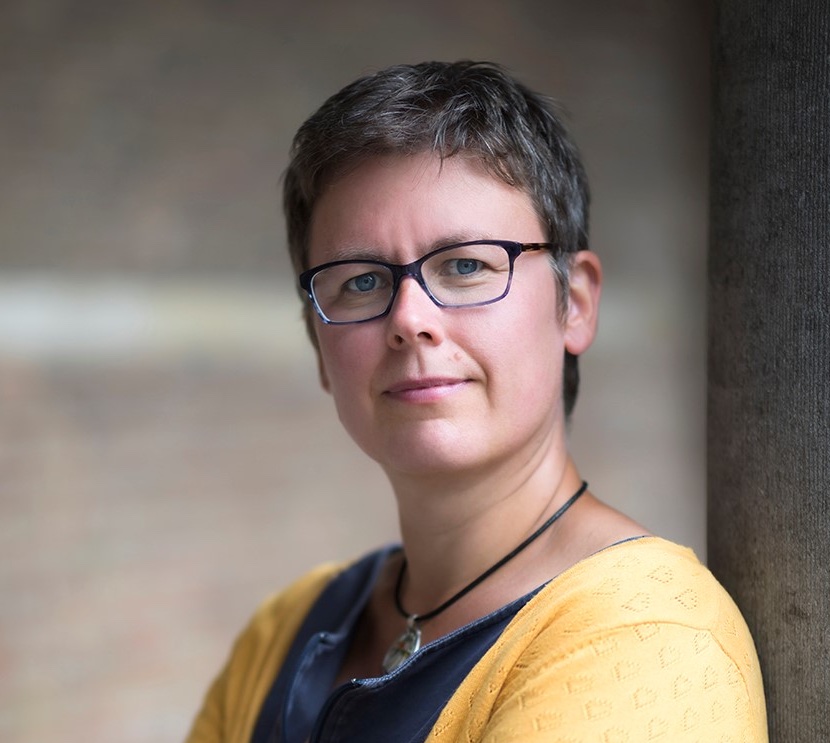 ©Image:
©Image: |
Prof. Dr. Jenny Audring is Assistant Professor of Linguistics at Leiden University in the Netherlands. She specialises in morphological typology, with a focus on grammatical gender and verbal diminutives, and in morphological theory. Together with Ray Jackendoff (Tufts/MIT) she developed the framework of Relational Morphology, a construction-based approach to the grammar of words and the structure of the mental lexicon. Their monograph The Texture of the Lexicon appeared with OUP in 2020. Talk: Morphological complexity in the 'Germanic Sandwich' (abstract) | |
Elwys De Stefani
(University of Heidelberg, Germany, and KU Leuven, Belgium)
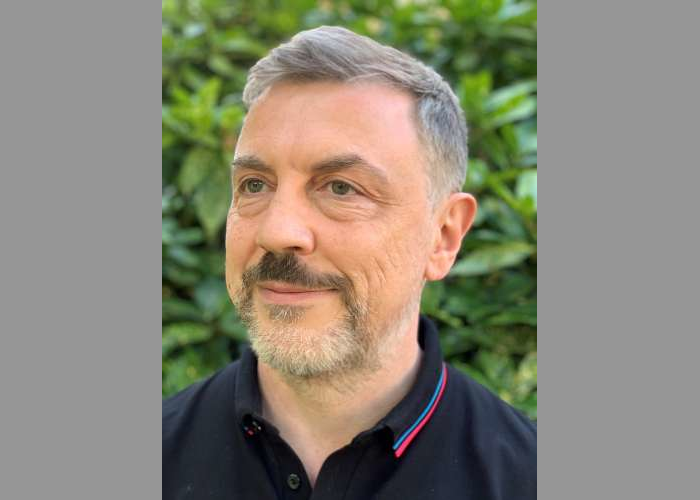 ©Image:
©Image: |
Prof. Dr. Elwys De Stefani is a full professor for Romance linguistics at the University of Heidelberg, Germany, and an associate professor for Italian linguistics at KU Leuven, Belgium. His research focuses on the multimodal resources participants employ in social interaction and on the ways in which speakers grammatically configure their talk in everyday conversation. He uses conversation analysis, interactional linguistics and multimodal interaction analysis to analyse a variety of ordinary, institutional and service settings. Accordingly, he views language as a tool for accomplishing social action, and contrasts different (linguistic) practices interactants deploy in pursuing coordinated interaction in an accountable way. Talk: On contrast and comparison in Interactional Linguistics (abstract) | |
Martin Haspelmath
(Max Planck Institute for Evolutionary Anthropology in Leipzig, Germany)
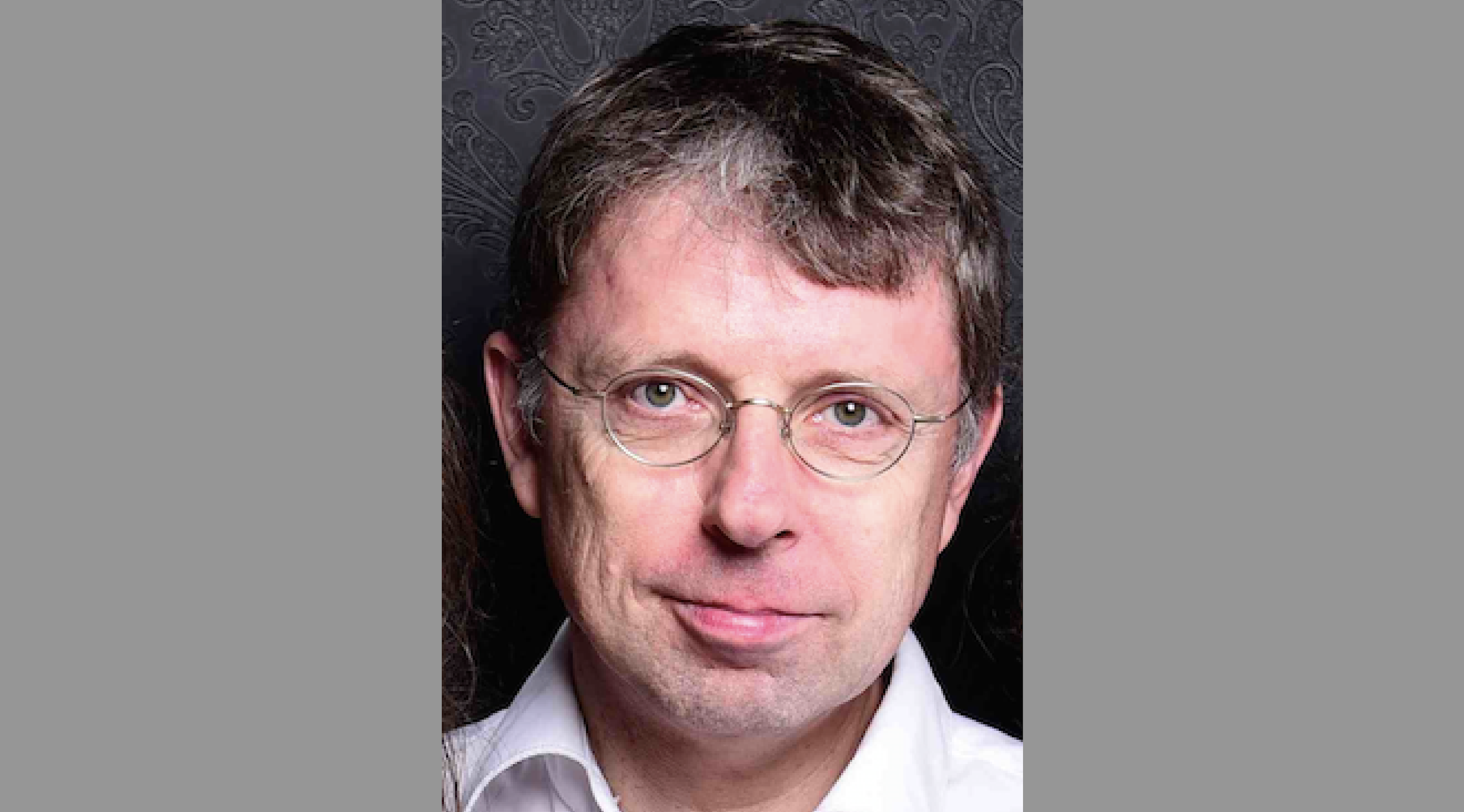 ©Image: Private
©Image: Private |
Prof. Dr. Martin Haspelmath is a senior scientist at the Max Planck Institute for Evolutionary Anthropology and Honorary Professor at the University of Leipzig. His research interests are primarily in the area of broadly comparative and diachronic morphosyntax (Indefinite pronouns, 1997; From space to time, 1997; Understanding morphology, 2002) and in language contact (Loanwords in the world's languages, co-edited with Uri Tadmor, 2009). He is one of the editors of Oxford University Press's World Atlas of Language Structures (2005). He is well-known for his work on the conceptual foundations of comparative grammar ("Comparative concepts and descriptive categories in cross-linguistic studies", Language 2010). Talk: Language structures are unique but comparative grammar is nevertheless useful (abstract) | |
Hilde Hasselgård
(University of Oslo, Norway)
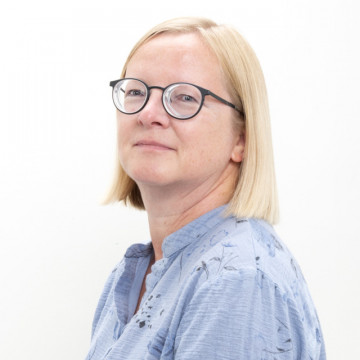 ©Image:
©Image: |
Prof. Dr. Hilde Hasselgård is a professor of English linguistics at the University of Oslo, Norway. Her research focuses on areas of English grammar and discourse, English as a second language (mainly by Norwegian learners) and corpus-based contrastive studies (mainly comparisons of English and Norwegian). Her contrastive work often investigates topics at the grammar/discourse interface, spanning from e.g. adjunct adverbials to cohesion and information structure. Hilde Hasselgård has co-edited a number of volumes on contrastive analysis, some of which have arisen from workshops she has co-organized. The latest of these is Time in Languages, Languages in Time (Benjamins 2021). For many years, she was also editor of the journal Languages in Contrast. Talk: Corpus-based contrastive grammar studies: some challenges and insights from crosslinguistic studies of adverbials (abstract) |
News and Events
Important Dates
- 16.01.2023: Deadline for abstract submission
- 31.01.2023: Extended Deadline for abstract submission
- 31.03.2023: Notification of acceptance
- 14.04.2023: Confirmation of Participation
- 18.04.2023: Opening of Registration
- 08.05.2023: Deadline for Revised Abstract Submission
- 15.05.2023: Extended Deadline for Revised Abstract Submission
- 31.05.2023: Last day for Early Bird Registrations
- 30.06.2023: Online registration closes
- 18.07.2023: Arrival, Registration, Get-together
- 19.-21.07.2023: Conference
Confirmed Keynote Speakers
- Artemis Alexiadou (Leibniz-Centre for General Linguistics and Humboldt-Universität zu Berlin, Germany)
- Jenny Audring (Leiden University, The Netherlands)
- Elwys De Stefani (University of Heidelberg, Germany, and KU Leuven, Belgium)
- Martin Haspelmath
(Max Planck Institute for Evolutionary Anthropology in Leipzig, Germany) - Hilde Hasselgård (University of Oslo, Norway)
Book of Abstracts
Conference Poster
Last Editions
- ICLC-9 (2021) in Genoa (Italy, on-line)
- ICLC-8 (2017) in Athens (Greece)
